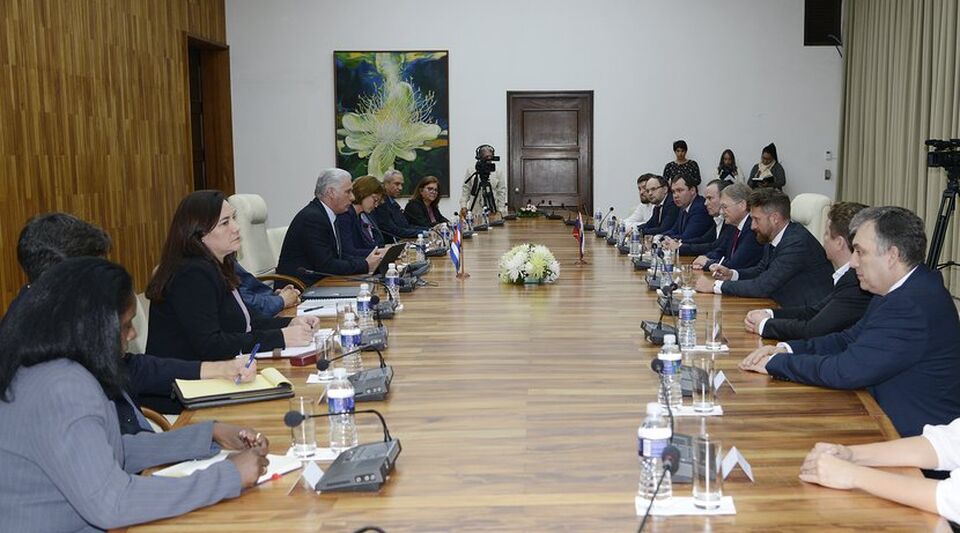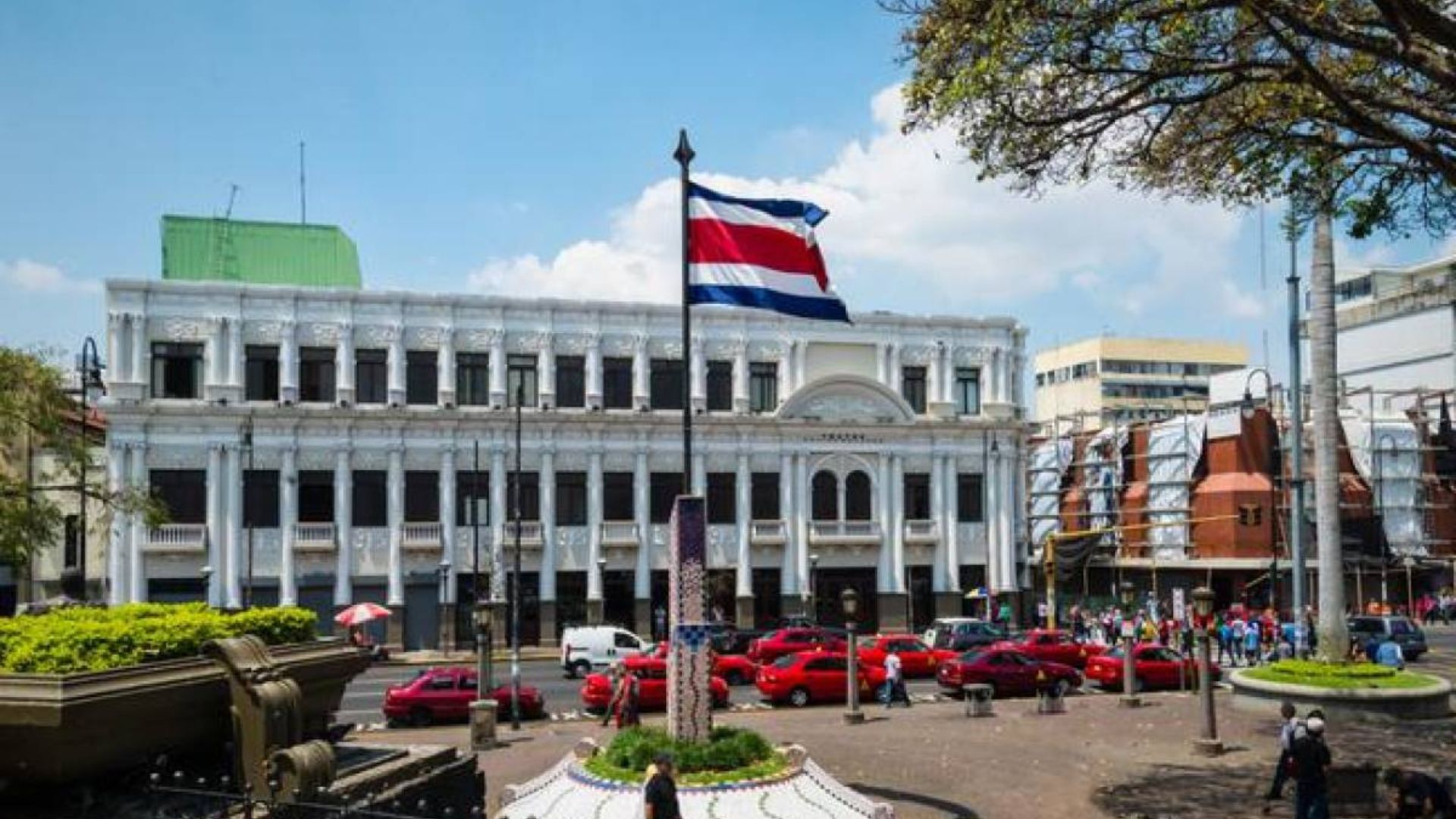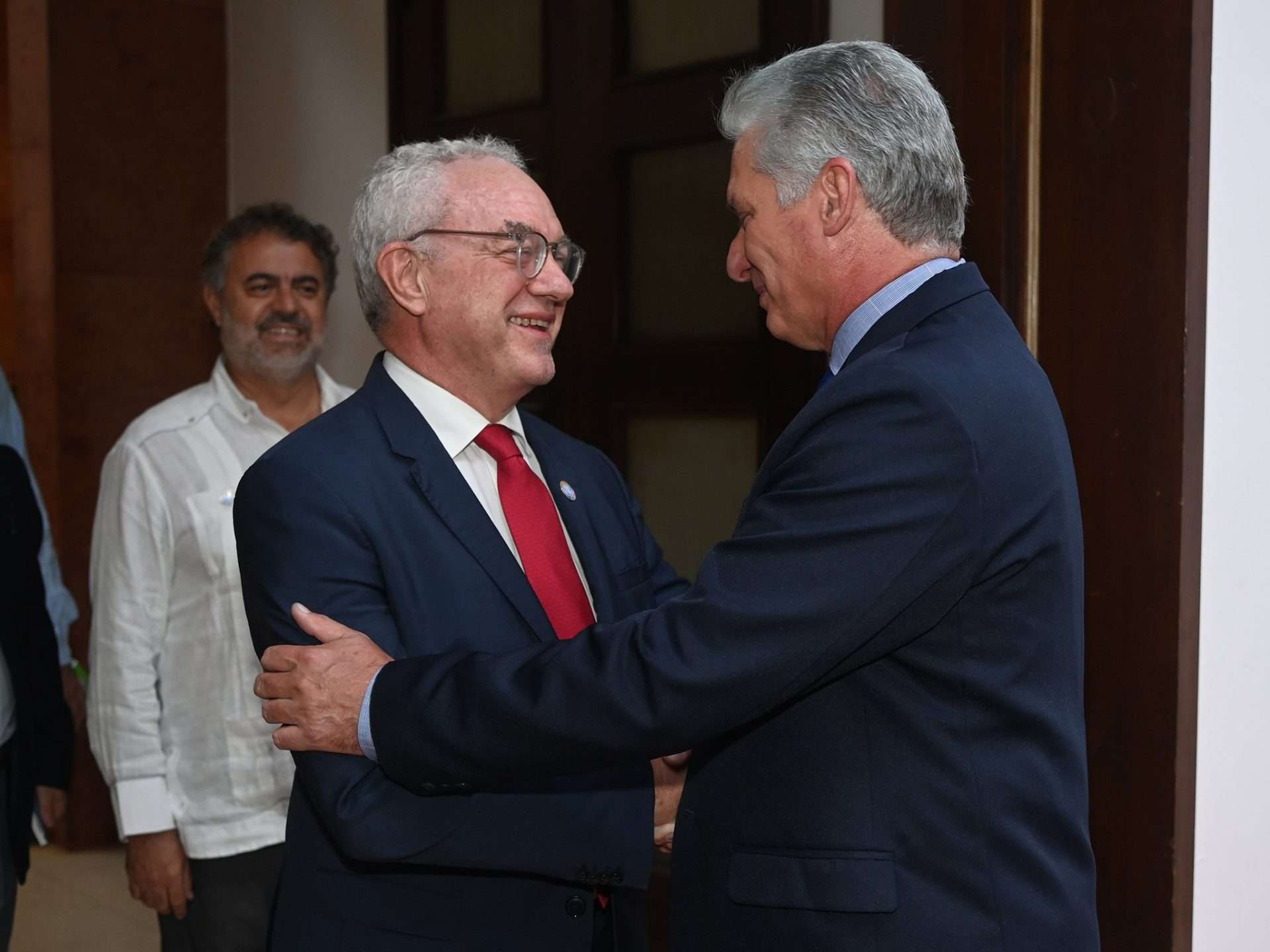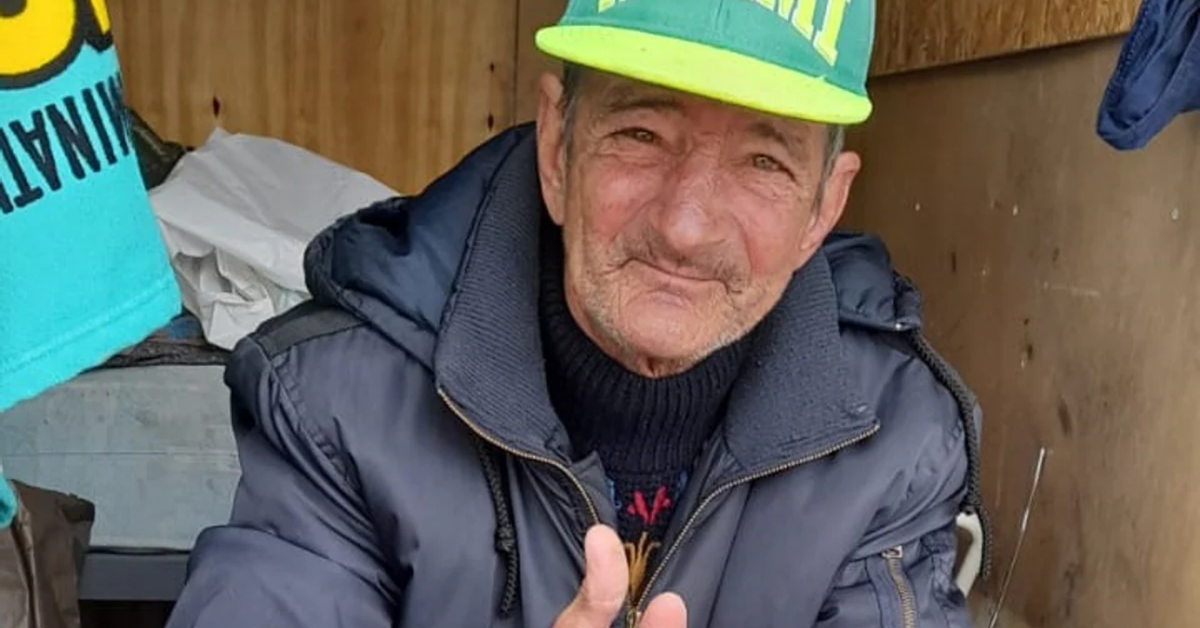Relations between Havana and Moscow continue to strengthen and proof of this is the announcement this Tuesday, in the Russian capital, of new businesses on the island. The first of them, the most advanced, is the creation of a joint venture with the state Cimex, which already has the approval of the Cuban side.
“Many Russian manufacturers are interested in promoting their products in Cuba. We hope that the new commercial house will be a unified wholesale importer of products and independently determine prices in the retail market of the Caribbean nation,” said Boris Titov, president of the Business Council. Cuba-Russia and a trusted man of the Kremlin.
Titov met this Tuesday with the Cuban ambassador in Moscow, Julio Garmendía, and after the meeting he revealed that Russia hopes to soon sign a contract that will allow “advancing in the solution of complicated logistical problems such as the transport of Russian merchandise and insurance.” two issues that have complicated the European country after the international sanctions imposed as a result of the invasion of Ukraine in February 2022.
The news, spread on the island by the news agency Latin Press, contains information of which hardly any details are known. The parties also want to expand their cooperation in the field of tourism and are considering, Titov said, the construction of a hotel for the exclusive use of Russians. The initiative is based, said the counselor, on the recovery of the flow of vacationers from their country to the Island, something that the data categorically refutes.
Data from the National Office of Statistics and Information (Onei) corresponding to 2022 place 6,623 Russian travelers who arrived in the country, 54.7% less than in 2021
Data from the National Statistics and Information Office (Onei) corresponding to 2022 place 6,623 Russian travelers who arrived in the country, 54.7% less than in 2021. But also, in the first two months of 2023, Russia was the only market that fell, going from 35,871 travelers in January and February 2022 – the sanctions began in the last days of that month – to 20,589 in the same period this year.
The Russian market, in fact, was already being lost before the war further complicated the situation. In November 2021The Dominican Republic had stolen a good part of the quota from Cuba, when it was verified that in September, the month of reopening of the sector on the Island, 8,019 travelers from the Eurasian country arrived, while 21,387 did from its neighbor.
The ban on flights in European airspace forced the suspension of routes to Cuba until October 2022. Northwind Airlines announced his return to the Island through the route through the North Pole.
Despite the fact that recovering Russian tourists is being very difficult for the Island, the efforts are intense. Does just two weeks, the Russian news agency Sputnik announced that Cuban bank ATMs have begun to accept the Russian Mir payment system, the version of Visa or Mastercard launched by the Kremlin in 2016 to circumvent possible economic sanctions. A few days later, information circulated that it is now possible to withdraw money at ATMs.
Cuba and Russia have embraced in the midst of need. Although the extraordinary relations of the Soviet era, cooled after perestroika, had recovered since the crisis in Venezuela – worsened in 2017 – forced to seek other preferential partners, the war in Ukraine has been the definitive launch.
In 2020, Moscow was forced to cancel different investments that it had planned on the Island due to “non-compliance by the Cuban side,” as its officials described it. Cuba urgently needs huge amounts of money, and although Russia knows that it is not a good payer, the sanctions for the invasion have generated a new scenario in which it needs new markets and allies.
Last January, Titov himself met with Cuban President Miguel Díaz-Canel in Havana, where they agreed to create a center to transform the economy of Cuba “from the private company”, which means, for voices in exile, a transition to a scheme similar to the one that led the old Soviet oligarchic elite to take control of numerous companies.
________________________
Collaborate with our work:
The team of 14ymedio He is committed to doing serious journalism that reflects the reality of deep Cuba. Thank you for accompanying us on this long road. We invite you to continue supporting us, but this time becoming a member of our newspaper. Together we can continue transforming journalism in Cuba.








